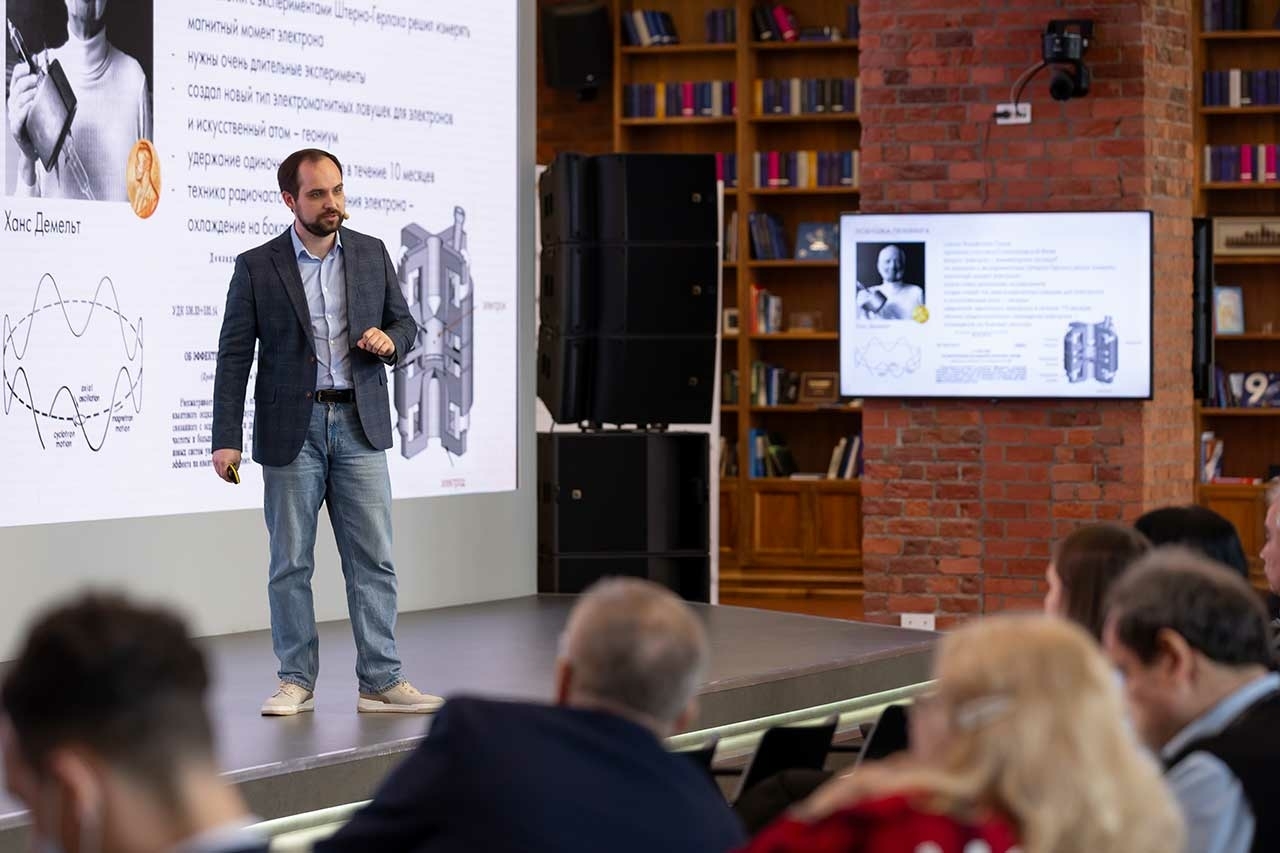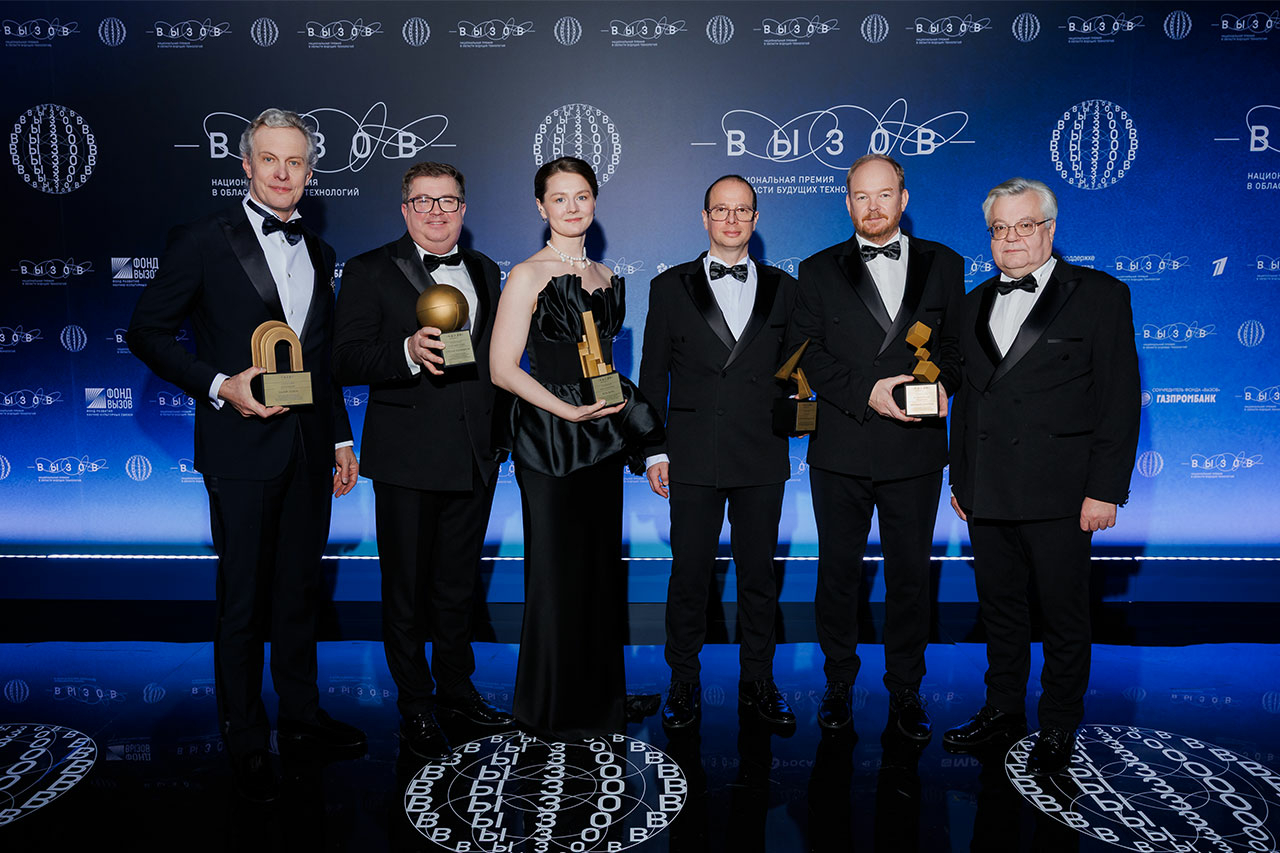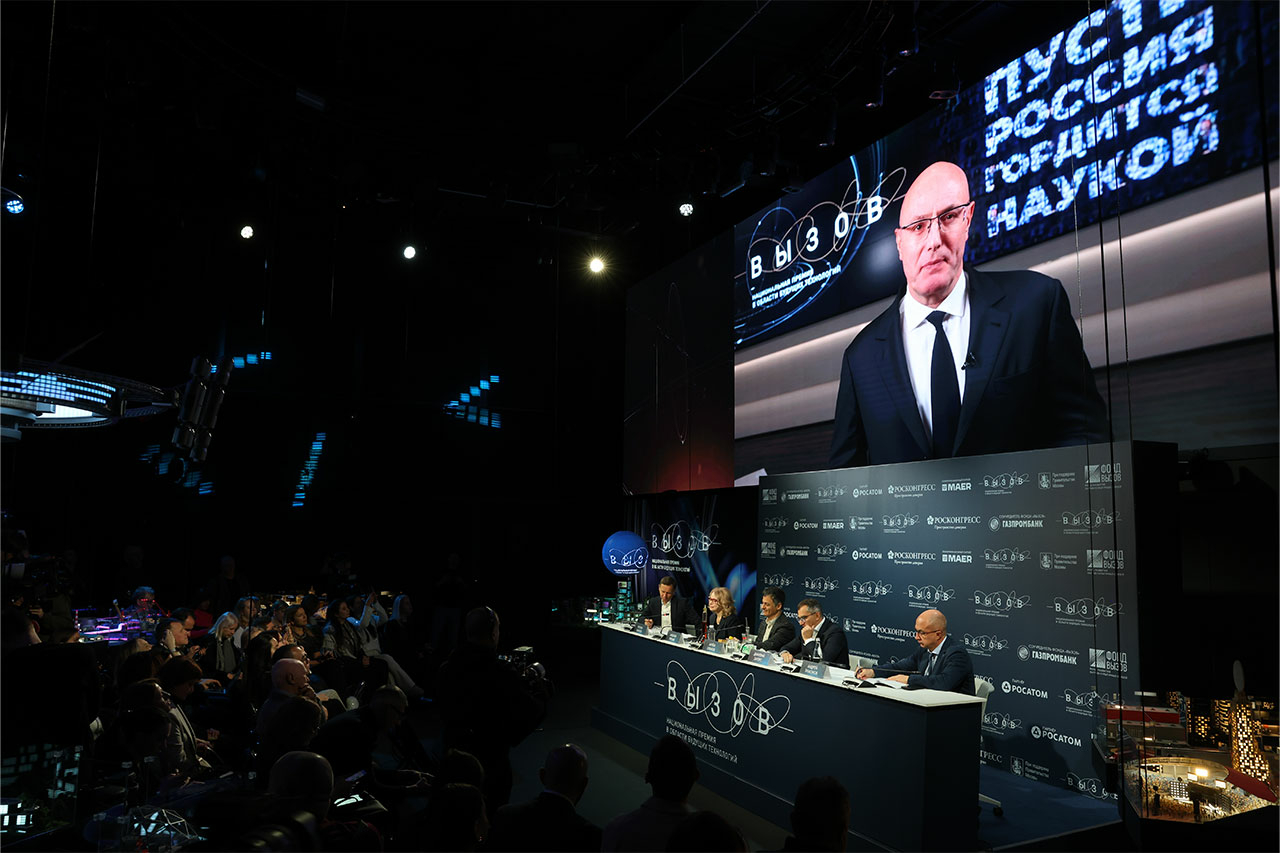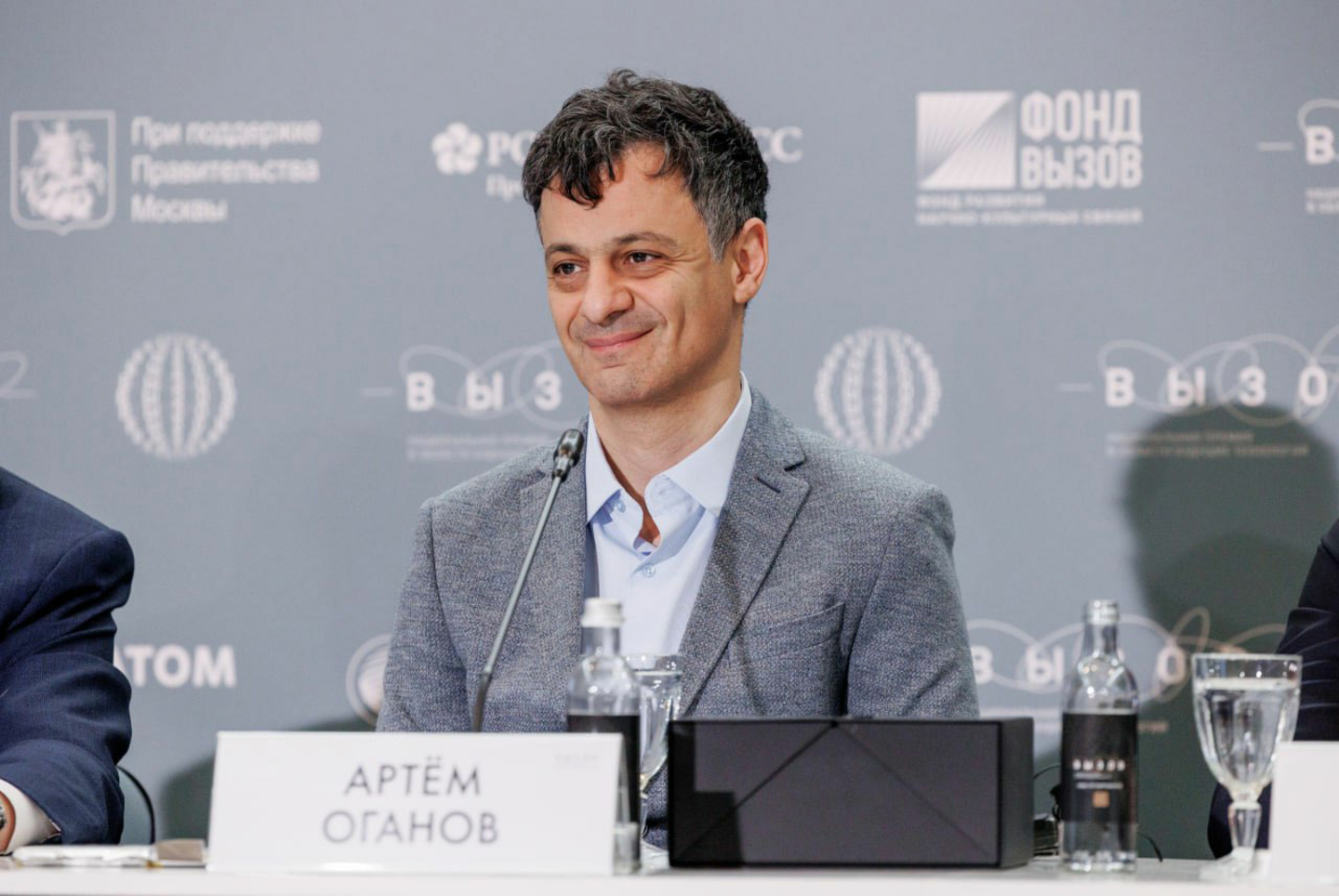On May 12, the Sakharov Mayak Academy’s Culture and Education Center hosted a popular-science lecture delivered by Ilya Semerikov, Head of Research Group at the Russian Quantum Center, Research Fellow at the Lebedev Physical Institute of the Russian Academy of Sciences, creator of Russia's most powerful ion quantum computer and a Laureate of the VYZOV Prize in the Future category.
Semerikov told the audience about his project and about the past, present and future of ion computing: How this area of research initially emerged, what’s in focus for scientists at the moment, what challenges they are facing down the road, and how their current achievements can be used for the good of society. “Our current progress in quantum computing is truly amazing. Today, we don't just control the quantum states of individual atoms: We can build intricate quantum systems made up of dozens of atoms, like building blocks, and even use them for computing. It took several generations of scientists working hard for us to get here. In my lecture, I would like to demonstrate the continuity of scientific thought: How new, amazing opportunities arise from individual steps made by humanity, and how our lives change along the way,” said Ilya Semerikov.
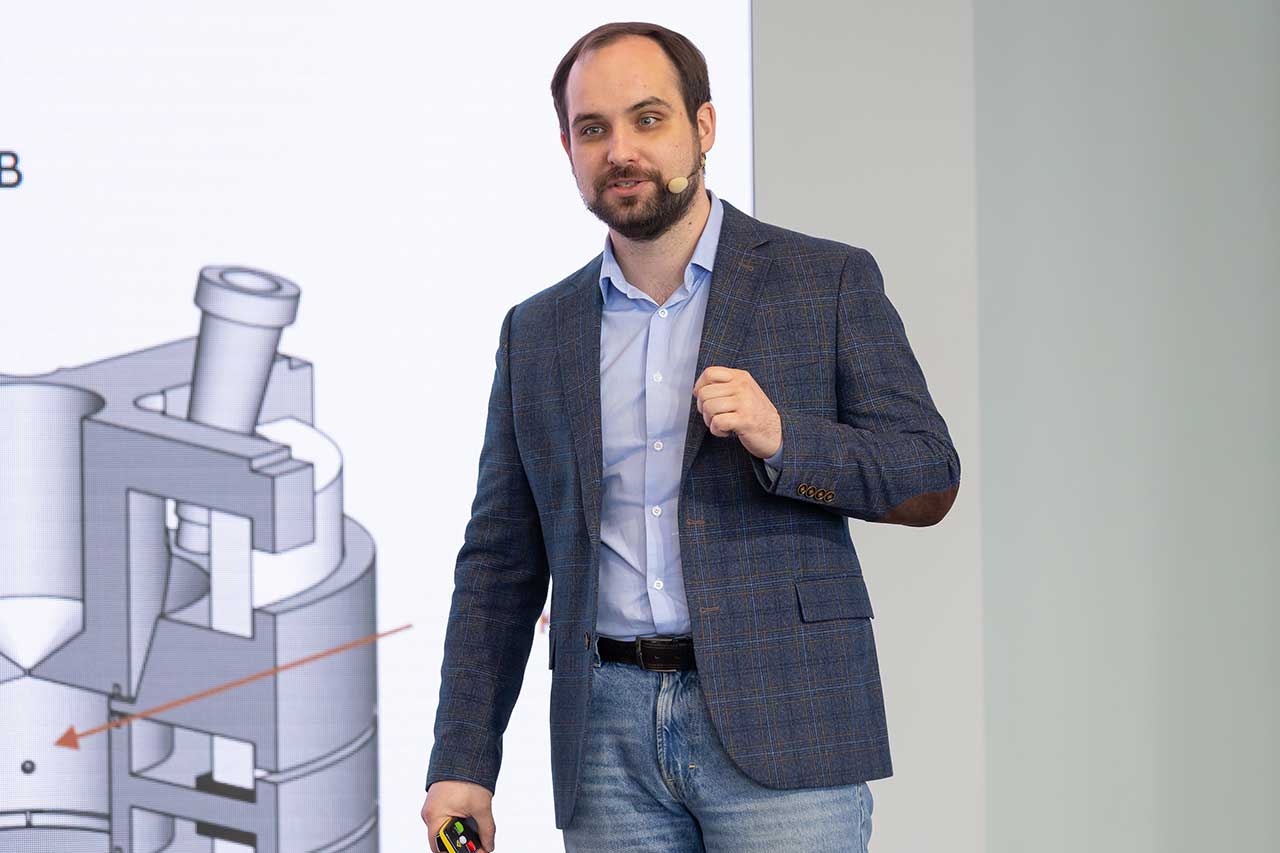
Ilya Semerikov. Photo: Nikita Dukhnik
Nizhny Novgorod Governor Gleb Nikitin opened the event with a welcome address.“The VYZOV Prize is more than just an award. It provides a powerful impetus for innovation and offers additional opportunities for supporting talented scientists, engineers and inventors, and for popularizing the latest achievements in science and technology. The award featured nominees from Nizhny Novgorod in previous years, and I’m confident that there will be even more submissions coming from our region this year. This is the award’s third year, and it opens up new horizons and new opportunities. For our part, we are happy to support initiatives proposed by our scientists, researchers and engineers,” the Governor said.
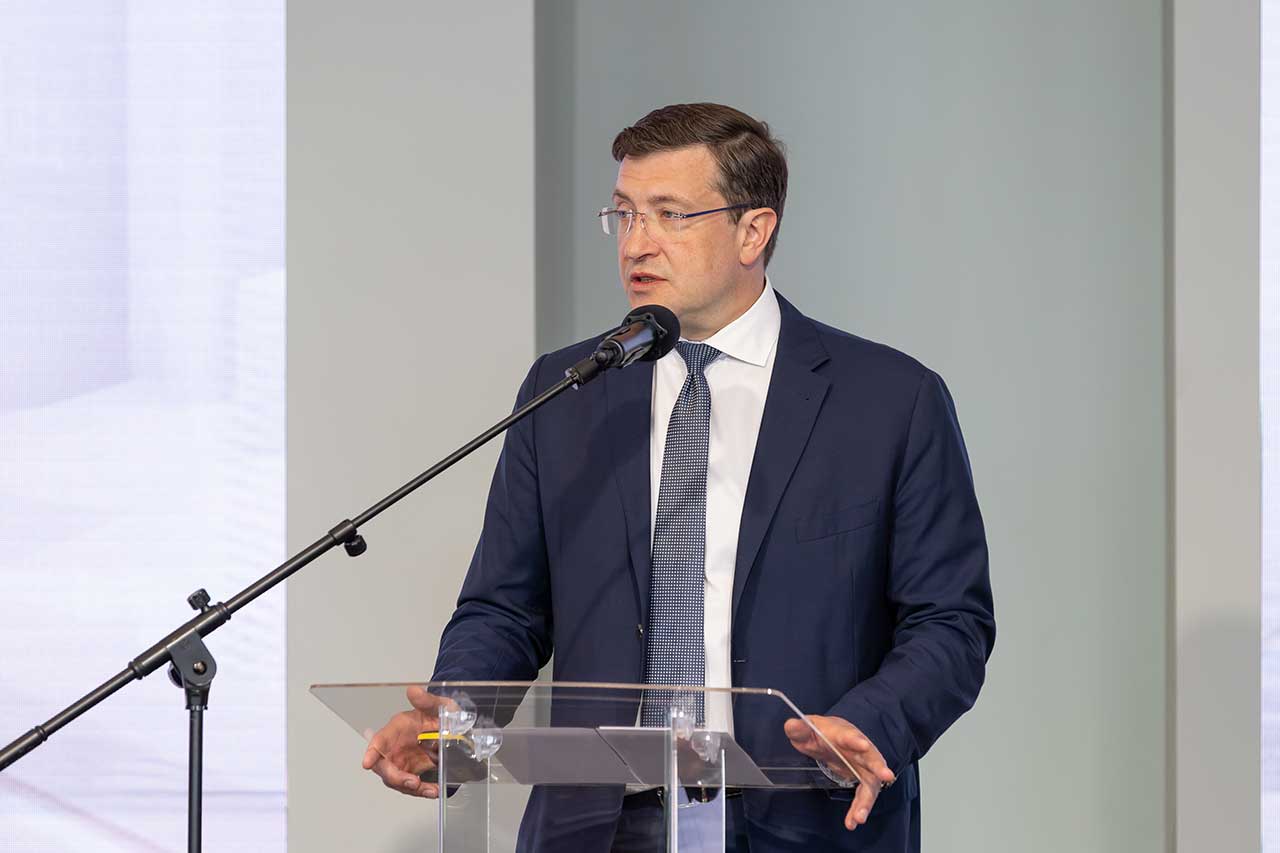
Gleb Nikitin. Photo: Nikita Dukhnik
Deputy Minister of Science and Higher Education Olga Petrova emphasized the importance of achieving technological leadership for Russia. “Russia has always been a leader in knowledge-intensive technologies, and we continue to address the challenges of today with confidence. Scientific schools, including prominent ones such as the one in Nizhny Novgorod, have played an important role in achieving progress. Involving young scientists and postgraduates in major research projects promotes continuity in science, and contributions from the business community help strengthen our nation’s technological sovereignty," Mrs Petrova said.

Olga Petrova. Photo: Nikita Dukhnik
Deputy Chairman of the VYZOV Prize Scientific Committee Aleksey Fedorov also addressed the audience, describing the specifics of the award’s submission process and explained how it is different from other scientific awards. “Events such as the VYZOV Prize Roadshow help us get to know the people who are building our future as we speak. Today, working in science is considered an honorable and even trendy profession. Science is attracting new investments, and we feel the support from the government and the business community. Scientists work hard every day for our country to have an edge in the technology race, and they are also looking for ways to address the global challenges of the 21st Century. These people deserve our attention and recognition. On the one hand, we aim to provide them with a platform to introduce their achievements. On the other hand, we would like scientists from different regions to find out about the VYZOV Prize and send in their submissions. After all, our award is about more than financial support: It encourages scientists to keep moving on and evolving," said Mr Fedorov.
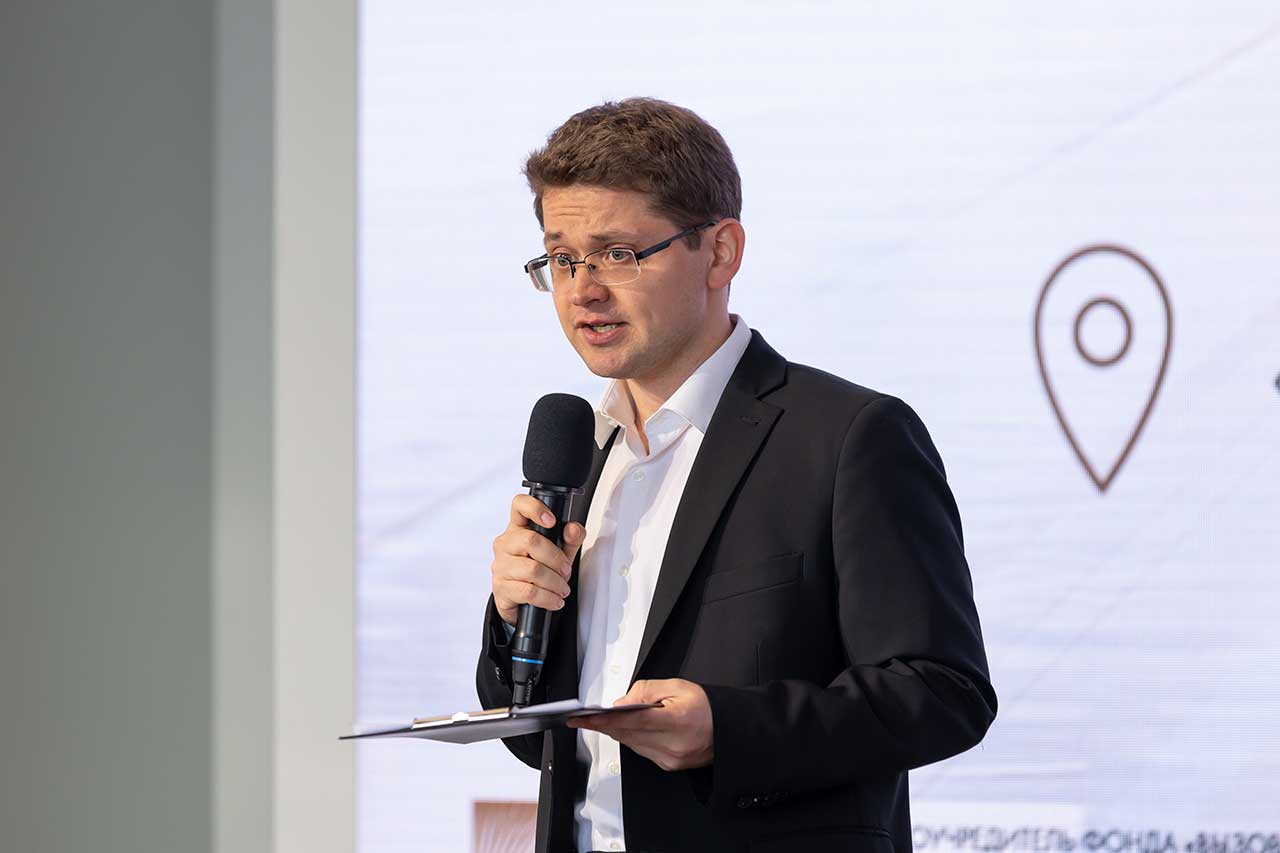
Aleksey Fedorov. Photo: Nikita Dukhnik
Dmitry Zauers, Deputy Chairman of the Board of Gazprombank and a Member of the VYZOV Foundation Council, gave a lecture on the current state of transition to knowledge-based economy, and described how the business community can support innovation. “None of the modern-day achievements that we are using, such as telecom, medicine or the media, would be possible without scientific knowledge and research. Technology is a critical factor in securing our country’s leadership, national sovereignty and the welfare of our community. Nations that possess critical technologies have always been global leaders,” Mr Zauers noted.
Dmitry Zauers also pointed out that Gazprombank has supported science and technological development by contributing its own infrastructure and expertise for research.
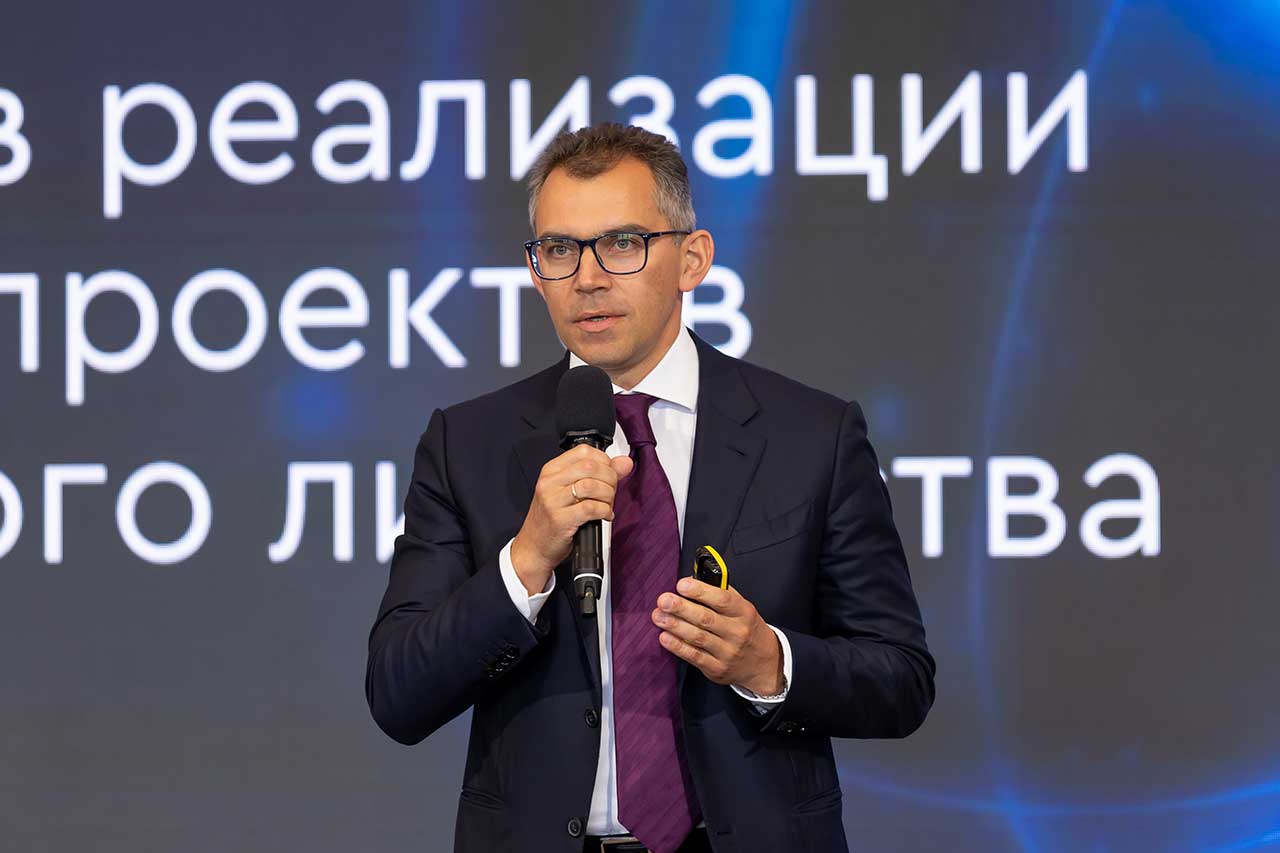
Dmitry Zauers. Photo: Nikita Dukhnik
Scientists and engineers of the Volga Federal District
have traditionally shown great interest for the VYZOV Prize. Last year, they
submitted a total of 56 submissions, making up almost 10 percent of all
nominees. Eight of the submissions came from the Nizhny Novgorod Oblast.
